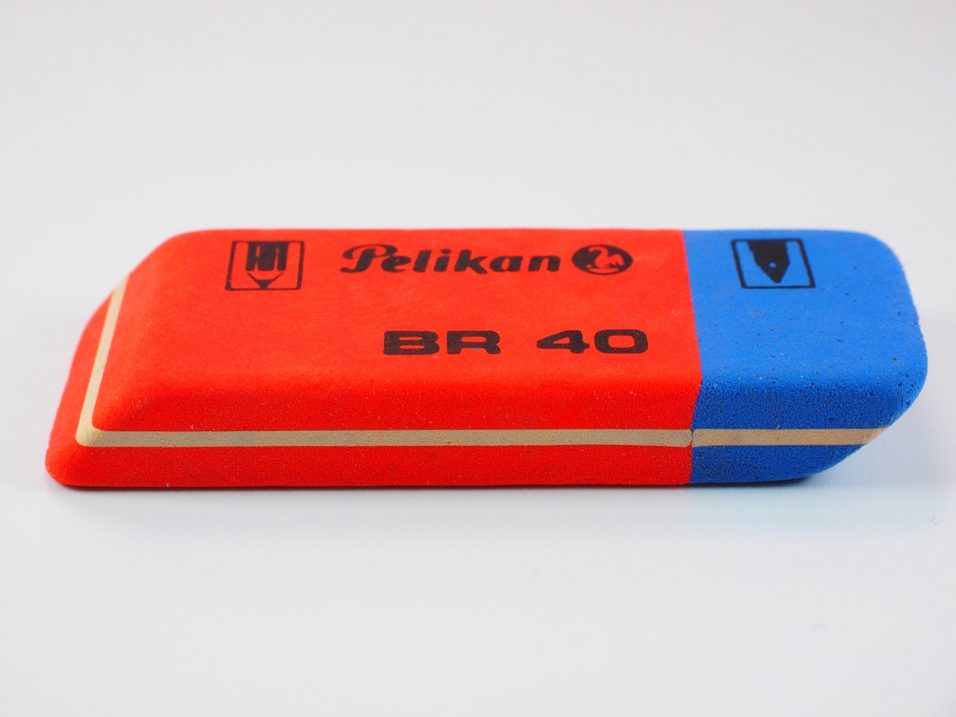Take Your Opportunities

There’s an old saying that goes something like ninety percent of success is showing up. The precise figure quote and the attribution changes depending on where you stumble on this gem, but the basic premise is the same: Success is more about doing the work than anything else. Yes, there are other factors—luck, privilege, talent—but ultimately if you don’t show up you’ll never get anywhere, but if you do show up you’ve just increased your chances at success tremendously.
This of course applies to writing, as well. Of course, often there’s nothing to show up for in a writing career; you’re working alone in your room, toiling away, and that’s the showing up part. But there’s another aspect to it that seems so obvious it doesn’t get discussed much: Part of showing up is taking the opportunities you come across.
Yes Man
This seems obvious, right? Not so much. A while ago I wrote an article for Writer’s Digest about my “year of saying yes,” in which I discussed launching my freelance writing career by basically taking any job I could get, no matter how bad the pay was or how boring or distasteful the subject matter was. And I took some low-paying, mind-killing jobs that first year—but I also established myself and paved the way for better-paying, more interesting work because I took every opportunity I could find or manufacture.
Fiction has a similar sort of dynamic. You have to not only read and write consistently, you have to seek and crate opportunities and then take them when they’re offered to you. Don’t just write stories, submit them to markets and contests. Don’t just work on your novel, submit it to agents and publishers (or publish it yourself). If someone offers to pay you to write a story for an anthology, you say yes.
This might seem obvious, but the twist in a writing career is how much you have to create your own opportunities. You can’t sell a story you don’t submit. You can win a contest you don’t enter. You can’t sell a story you don’t write, either. Selling your work requires a lot of research and constant diligence, and sometimes the main lesson regarding making a living as a writer is that you’re going to have to be willing to write stuff you might not necessarily want to write.








